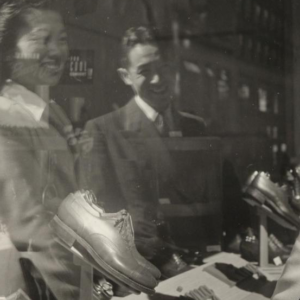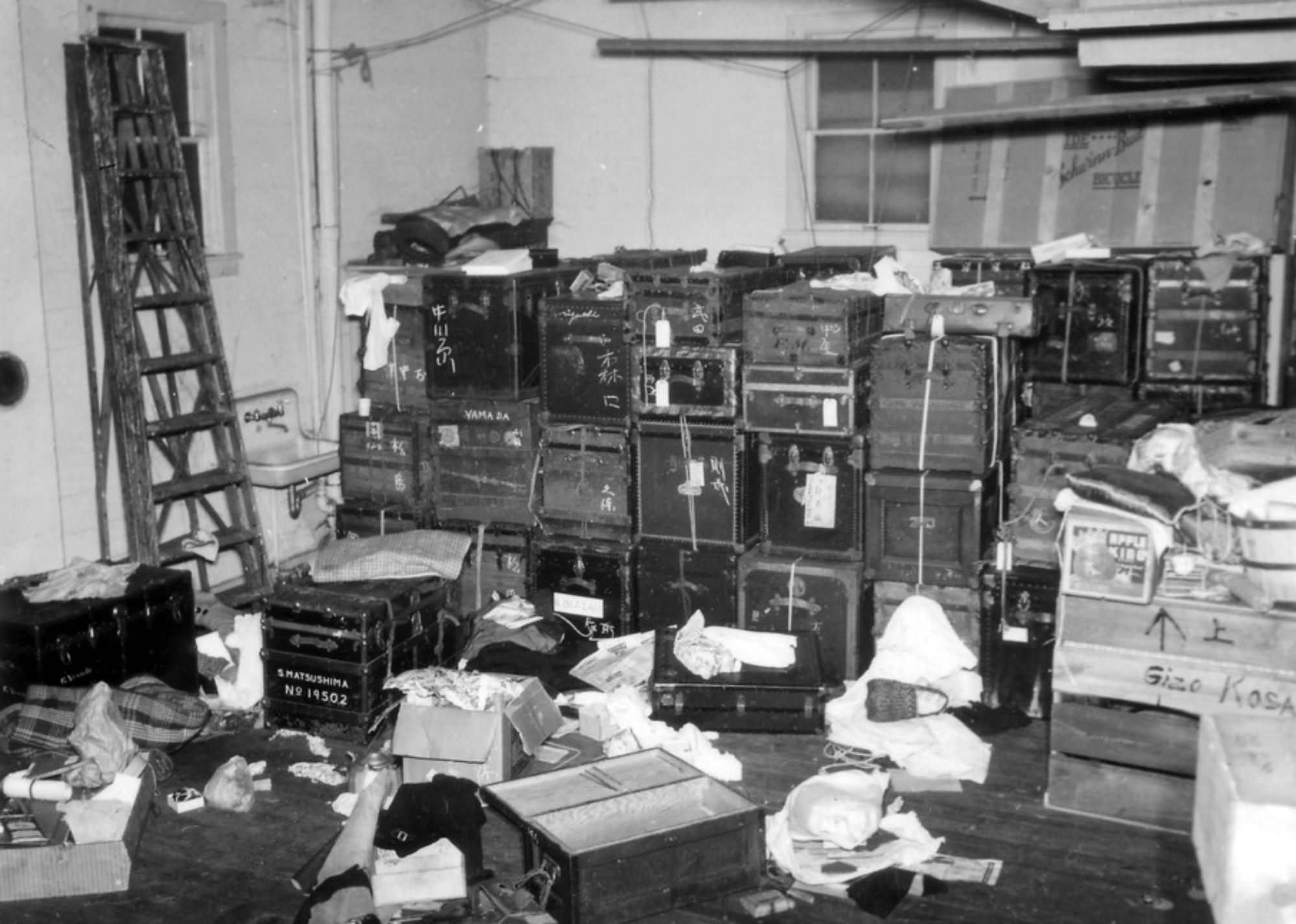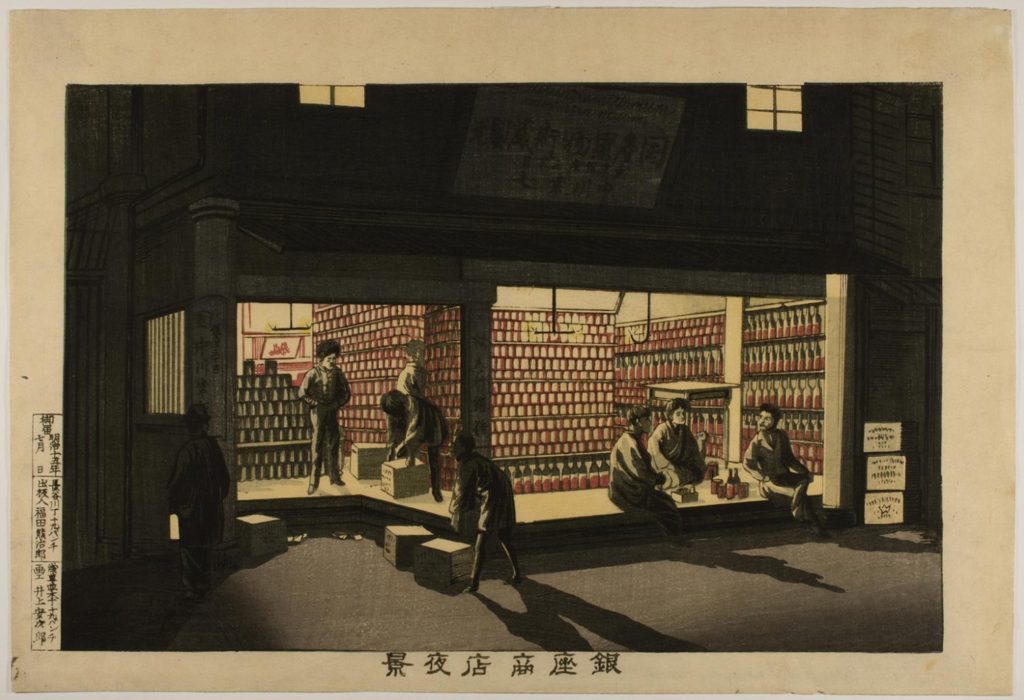
The old woman walked between the dusty barracks to the office, and in the back of the office there was a door, and behind that door sat a smiling man, with bright red cheeks and hair like a baby’s.
“The war will be over soon,” he told her. “What will happen to you then? What will happen to everyone here?”
She did not answer him. She was too surprised that he was speaking in Japanese. Continue reading “two”

